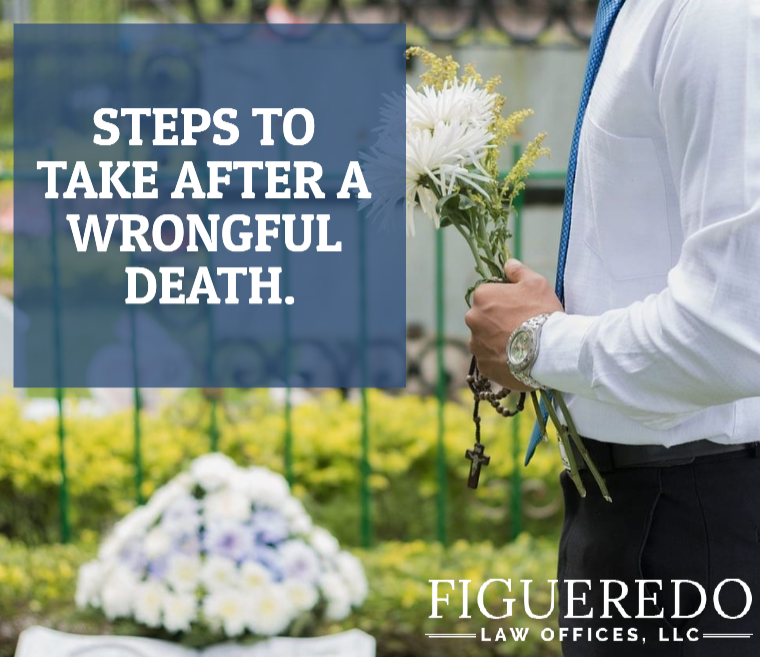Losing a loved one is an unimaginable tragedy, and it becomes even more challenging when their death is a result of someone else’s negligence or wrongful actions. In the state of Georgia, wrongful death is a legally recognized claim that allows surviving family members to seek justice and compensation for their loss. In this blog post, we will explore wrongful death situations and the laws surrounding them in Georgia.
Defining Wrongful Death in Georgia:
Wrongful death in Georgia is defined as the death of an individual caused by the negligent, reckless, intentional, or criminal actions of another person or entity. This encompasses a wide range of circumstances, including car accidents, medical malpractice, workplace accidents, and criminal activities.
Who Can File a Wrongful Death Claim in Georgia:
Georgia law outlines specific family members who are eligible to file a wrongful death claim. Typically, the following individuals have the legal right to bring a claim:
- The surviving spouse of the deceased.
- The surviving children of the deceased.
- If there is no surviving spouse or children, the surviving parents of the deceased.
If none of these family members are available, a personal representative of the deceased’s estate can bring a claim on behalf of the estate for the benefit of the next of kin.
Statute of Limitations:
It’s important to be aware of the statute of limitations for filing a wrongful death claim in Georgia. In most cases, the claim must be filed within two years of the date of the deceased person’s death. Failing to file within this time frame can result in the loss of your right to seek compensation.
Damages in Wrongful Death Cases:
Georgia law allows for specific types of damages to be pursued in wrongful death cases, including:
- Economic Damages: This includes the financial losses suffered by the surviving family members, such as medical expenses, funeral costs, lost wages, and the value of the deceased person’s services.
- Non-Economic Damages: These damages compensate for the emotional pain, suffering, and loss of companionship experienced by the surviving family members.
- Punitive Damages: In cases of extreme negligence or willful misconduct, punitive damages may be awarded to punish the wrongdoer and deter others from similar actions.
Proving a Wrongful Death Claim:
To succeed in a wrongful death case in Georgia, the plaintiff (the person bringing the claim) must establish the following elements:
- The death of a human being.
- The death was caused by the negligence or intentional act of another person or entity.
- The surviving family members have suffered losses as a result of the death.
Working with an Experienced Attorney:
Navigating a wrongful death claim can be complex and emotionally challenging. It’s crucial to seek the assistance of an experienced attorney who specializes in wrongful death cases. An attorney can help you gather evidence, negotiate with insurance companies, and ensure that your rights are protected throughout the legal process.
Conclusion:
Wrongful death situations are emotionally distressing, but understanding the legal implications in Georgia can help surviving family members seek justice and compensation for their losses. If you find yourself in such a situation, consult with a knowledgeable attorney who can guide you through the process and work to ensure that those responsible for the wrongful death are held accountable.




